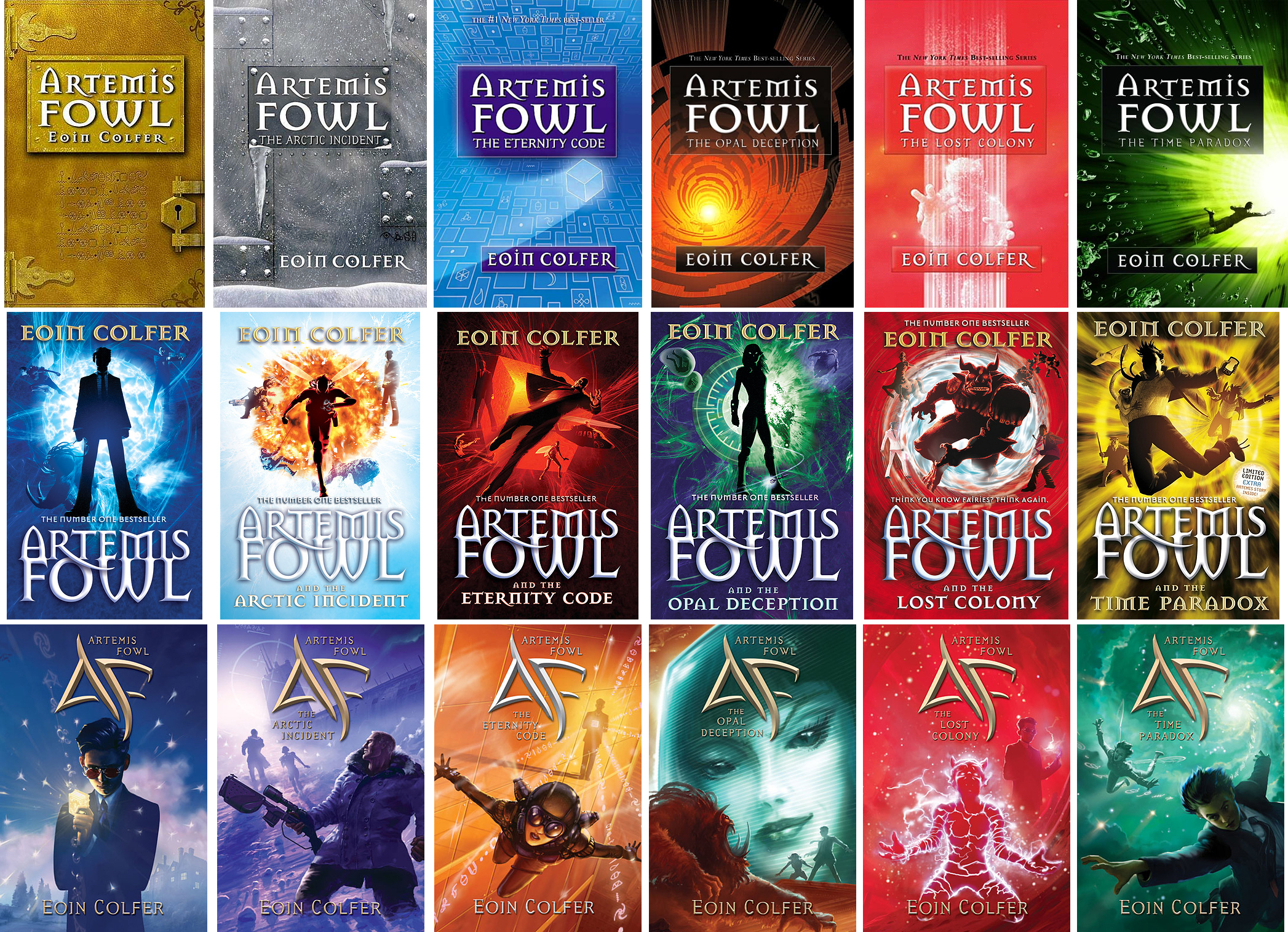
The main character’s isolation, which was so crucial in “The Martian,” is a similarly convenient excuse for Weir to downplay messy human issues in favor of a cleverly organized series of challenges that Grace himself compares to “a video game.”įor readers who can forgive its shortcomings, the result is an engaging space odyssey. In fiction, an unambiguous technological crisis can be oddly comforting, and the novel works best as we piece together the situation alongside Grace, whose memory loss is less an essential plot point - apart from a passing revelation toward the end, this isn’t a story that treats amnesia as a source of surprises - than a device for parceling out information. Readers who were underwhelmed by the attempt to write a leading role for a Saudi woman in “Artemis” will be relieved by his first few deductions about himself: “I’m Caucasian, I’m male and I speak English.” The narrator awakens alone in a spacecraft, connected to a medical computer, and unlike Watney - who at least understood his predicament - he doesn’t even remember his own name.

His latest novel, “Project Hail Mary,” is a sensible course correction that supersizes the strategies of his most successful book. Weir’s next effort, “Artemis” (2017), exposed his limited interest in constructing relationships or a plausible future society. Its stranded astronaut, Mark Watney, survived on Mars using ingenuity, duct tape and plenty of wisecracks, but the writing fell apart in the scenes in which people actually had to have a conversation.


In real life, of course, not every conflict is a case study in engineering, but many readers still enjoy spending time with the character once widely - and chauvinistically - described as “the competent man.”Īndy Weir’s debut novel, “The Martian” (2011), found an enormous audience largely because it was a competent-man story that might have captivated fans in the 1930s.

Like his counterparts in adventure and western pulps, he was generally white, male and good with his hands, but he was defined by his ability to solve problems with science and technology. In the years before World War II, a new kind of hero appeared in American science fiction.


 0 kommentar(er)
0 kommentar(er)
